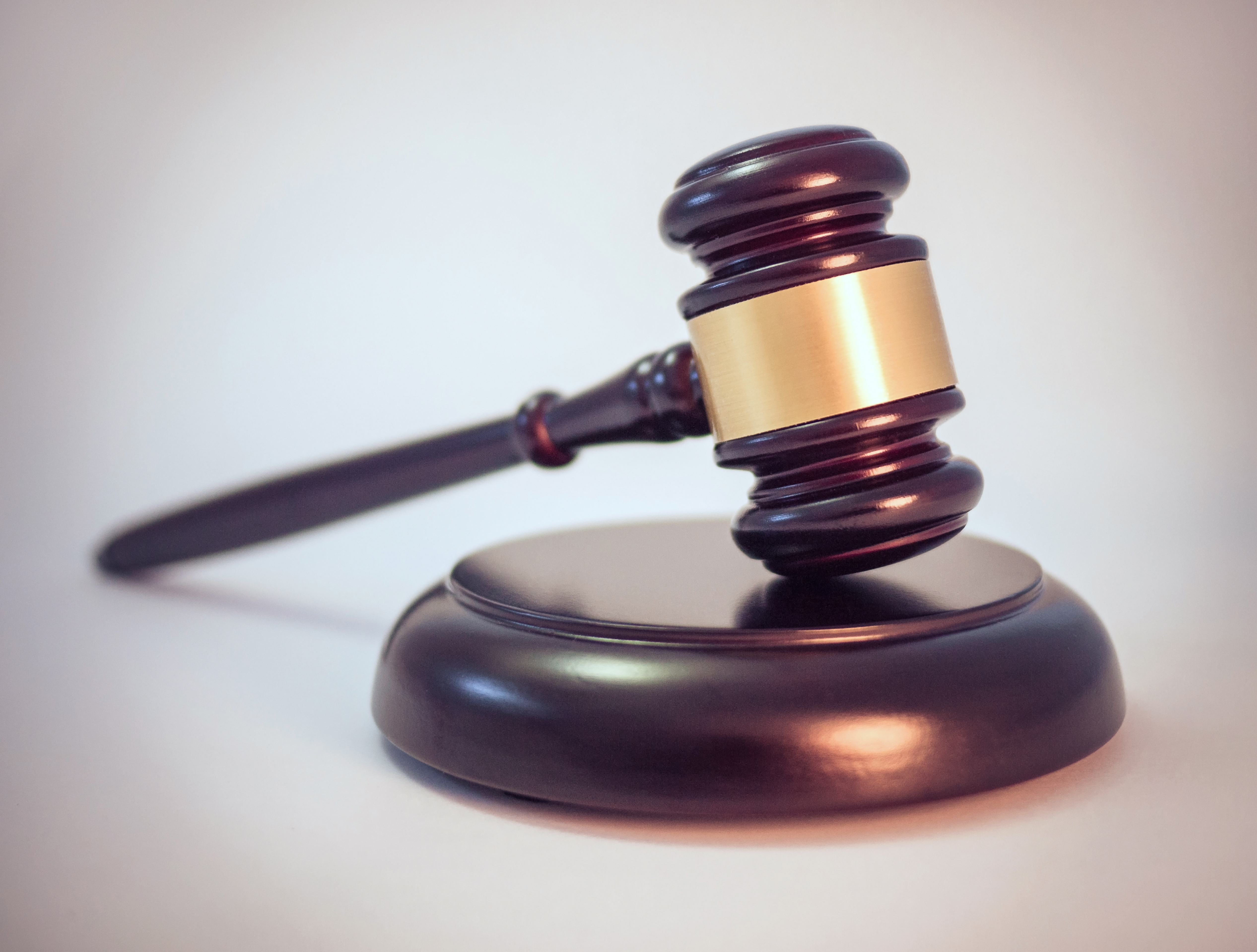 Photo from Wikimedia Commons
Photo from Wikimedia Commons For most of the 21st century, public debate over issues relating to religious freedom have largely focused on the Christian conservative community. Deep disagreements over whether merchants should be required to serve customers in same-sex relationships and whether religious institutions must provide abortion access in their employee’s health plans have roiled political and judicial debate, and the recently reconfigured Supreme Court seems poised to weigh in decisively on these controversies in the years ahead.
But Jews have considerable experience with questions of religious freedom too, and several millennia of being on the receiving end of faith-based prejudice should make us highly attuned to understanding the religious beliefs and practices of others. So it’s worth monitoring two court cases that have emerged this month, placing American Jews front and center in two highly-charged cases relating to our religious freedoms.
The first and less complicated of the two is taking place at New York’s Yeshiva University, where the administration has been unwilling to grant official status to an LQBTQ student organization. The school’s lawyers have argued that recognizing the group would violate the university’s Orthodox faith, which prohibits sexual relationships between individuals of the same gender. A New York court previously ruled in favor of the student group, determining that Yeshiva University is primarily an educational institution, which is bound by a city human rights law, rather than a religious organization, which is not. But Justice Sonia Sotomayor issued a temporary ruling last week allowing the university to continue to withhold official status for the organization, almost certainly setting up an opportunity for the full Court to review the matter in their upcoming session.
Meanwhile, a half continent away, opponents of Indiana’s newly-passed abortion ban have filed a lawsuit on behalf of Jewish plaintiffs challenging those restrictions as a violation of a state religious-freedom law passed by Republican legislatures several years ago. The tenets of Reform Judaism do not recognize a fetus as a living person until birth and states that the health of the mother takes precedence until that point. The suit follows a similar action taken in Florida earlier this summer and raises many of the same arguments that the Yeshiva University case and similar lawsuits from conservative Christians have offered over the years – but from the left end of the political spectrum.
Presumably, if legal doctrine recognizes the primacy of religious belief when those beliefs represent conservative values, a consistent interpretation would give the same consideration to liberal values represented by the reform Jewish plaintiffs in Indiana. But as we watch the Supreme Court navigate this unfamiliar judicial turf, it also raises broader questions about the extent to which the inalienable rights granted to Americans in the U.S. Constitution can be restricted when they interfere with the rights of others.
Some of these questions are fairly easy: we know that the right to free speech does not allow us to scream fire in a crowded movie theater and the right to bear arms does not permit us to mount a loaded Uzi on the front lawn of a public elementary school. But legal disputes over libel and slander law, campaign finance reform and conditional gun ownership are much more complicated.
The strong temptation is to avoid the intricate constitutional questions and simply retreat into our ideological comfort zones.
The strong temptation is to avoid the intricate constitutional questions and simply retreat into our ideological comfort zones. If you favor abortion rights and same-sex marriage, it’s easy to overlook the legal inconsistency and support the pro-choice plaintiffs in Indiana and oppose the religious conservative petitioners – whether Orthodox Jews or evangelical Christians. It’s just as convenient for cultural conservatives to line up on the opposite side of both questions.
But religious freedoms – and all individual liberties – must apply to everyone equally. That’s not an easy path to follow, but it’s why many Jews famously supported the right of the American Nazi Party to march in Skokie, Illinois many years ago. And why those of us who have faced so much religious oppression in the past must defend the rights of other religious minorities in the future – both when we share their beliefs and when we oppose them.
Dan Schnur is a Professor at the University of California – Berkeley, USC and Pepperdine. Join Dan for his weekly webinar “Politics in the Time of Coronavirus” (www/lawac.org) on Tuesdays at 5 PM.





















 More news and opinions than at a Shabbat dinner, right in your inbox.
More news and opinions than at a Shabbat dinner, right in your inbox.